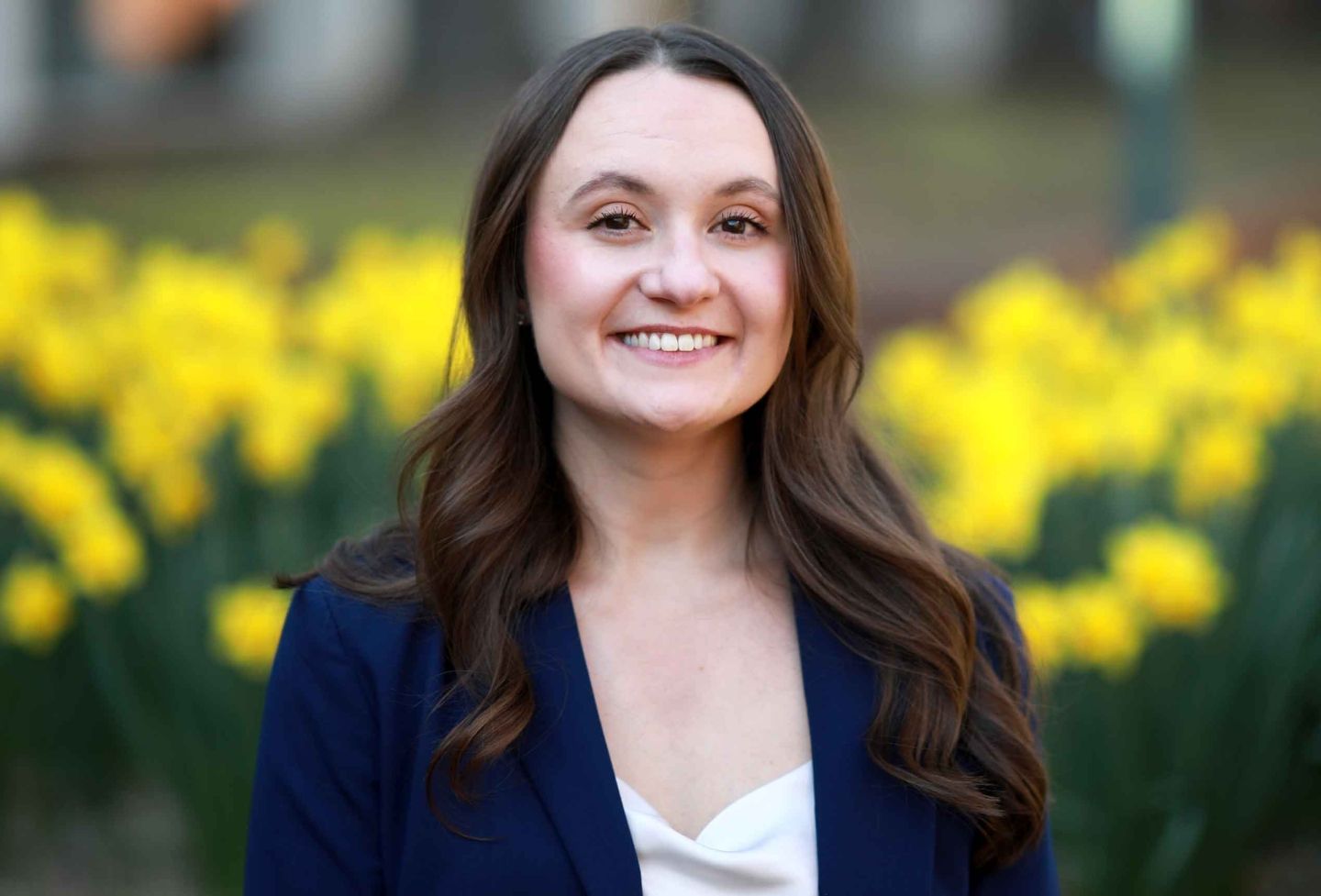Students at the University of Virginia School of Law recently helped organize a three-day conference on human rights reforms that was co-hosted by the school’s International Human Rights Clinic in Washington, D.C.
Clinic students Hamna Ahmad ’20, Uiko Murakami LL.M. ’20 and Camilo Navas Cuervo LL.M. ’20 attended the conference Oct. 31-Nov. 2, along with Professor Camilo Sánchez, the clinic’s director.
The conference brought together about 20 experts with experience in the European Court of Human Rights, the U.N. Treaty Body Systems, the Inter-American Court of Human Rights, and the African Commission on Human and People’s Rights. Co-sponsors included Dejusticia, a Colombia-based advocacy organization, and the Due Process of Law Foundation, a U.S.-based organization working to strengthen the rule of law and human rights in Latin America.
“The world needs robust international mechanisms for the protection of human rights,” Sánchez said. “During the past seven decades, the international community has been trying to build these inter-governmental bodies. They are far from perfect, but in many ways, they have been tremendously successful. In recent years, we have seen many proposals to reform them, but not all of them are aimed at strengthening these systems. On the contrary, if implemented, some of them might weaken their effectiveness. This project allowed students to understand this complex political landscape and to reflect on the present and the future of international human rights protection on a global scale.”
Students in the yearlong International Human Rights Clinic gain first-hand experience in human rights advocacy, working in partnership with nongovernmental organizations, human rights practitioners and law firms in the United States and abroad. This past semester, students researched and put together background papers on different international human rights systems to provide context for the discussions, which partner organizations used to inform a portion of the program.
“The human rights protection systems have had a significant impact on the international panorama,” Cuervo said. “Moreover, these systems are going to play a vital role in the years to come. Nevertheless, the different systems could be improved. With this project, I realized that promoting a beneficial reform in international law is harder than it looks.”
Founded in 1819, the University of Virginia School of Law is the second-oldest continuously operating law school in the nation. Consistently ranked among the top law schools, Virginia is a world-renowned training ground for distinguished lawyers and public servants, instilling in them a commitment to leadership, integrity and community service.


